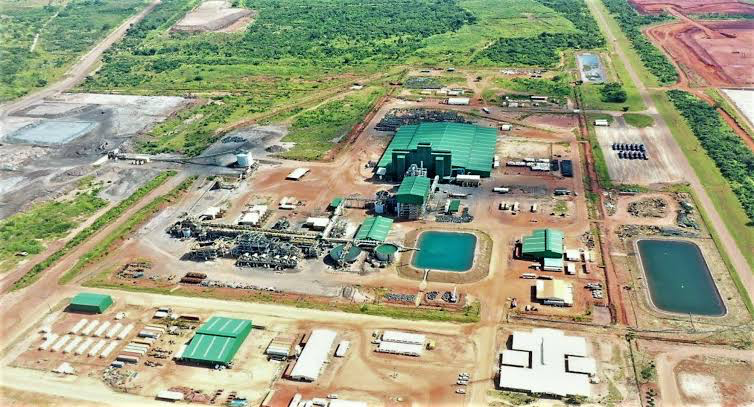A graphite mine in Mozambique has become one of the first in Africa to use a solar-battery hybrid system to power its operations. The Balama Graphite Mine, owned by Syrah Resources, has fully operated its 11.25 MWp solar photovoltaic (PV) array, integrated with an 8.5 MW/MWh battery energy storage system (BESS). The system is expected to reduce the mine’s diesel consumption and carbon emissions and lower operating costs.
The solar-battery hybrid system was installed by Solarcentury Africa, a leading solar company in the continent, under a build-own-operate-transfer (BOOT) arrangement with CrossBoundary Energy, a project financier that specializes in renewable energy solutions for Africa. The system will be operated and maintained by CrossBoundary Energy for 10 years, after which it will be transferred to Syrah Resources at no cost.
The system can supply the mine’s power requirement during peak daylight hours when the plant is operating and continuously if the plant is not operating. It can also provide backup power in case of grid outages or diesel shortages. According to Syrah Resources, the system will contribute at least 35% of the mine’s average site power requirements and reduce its diesel consumption by 16,000 liters daily. This will result in a 12.5% reduction in the mine’s carbon footprint and an estimated 18 kt CO2 equivalent per annum over the life of the operation.
The Balama Graphite Mine is one of the world’s largest and highest-grade graphite deposits, producing natural graphite products used in batteries, refractories, and other applications. The mine started production in 2017 and has a capacity of 350,000 tonnes annually. Syrah Resources is also developing a downstream processing facility in Louisiana, USA, to produce spherical graphite for the battery market.
The solar-battery hybrid system at Balama is part of a growing trend of renewable energy adoption in the mining sector, especially in remote areas where grid access is unreliable or costly. Several other African mines have also implemented or planned similar projects, such as the Fekola Gold Mine in Mali, the Otjikoto Gold Mine in Namibia, and the Sukari Gold Mine in Egypt. These projects demonstrate the technical and economic feasibility of using clean energy sources to power mining operations and the environmental and social benefits of reducing fossil fuel dependence and greenhouse gas emissions.
Syrah Resources’ Managing Director and CEO Shaun Verner said that the full operation of the solar-battery hybrid system was the culmination of several years of feasibility study, equipment procurement, construction, and commissioning activities. He added that the system delivers significant net operating cost savings, reduces exposure to volatile diesel prices, and strengthens the environmental credentials of Balama’s natural graphite products. He also expressed appreciation for the partnership with CrossBoundary Energy and Solarcentury Africa.
Source: ESI Africa



